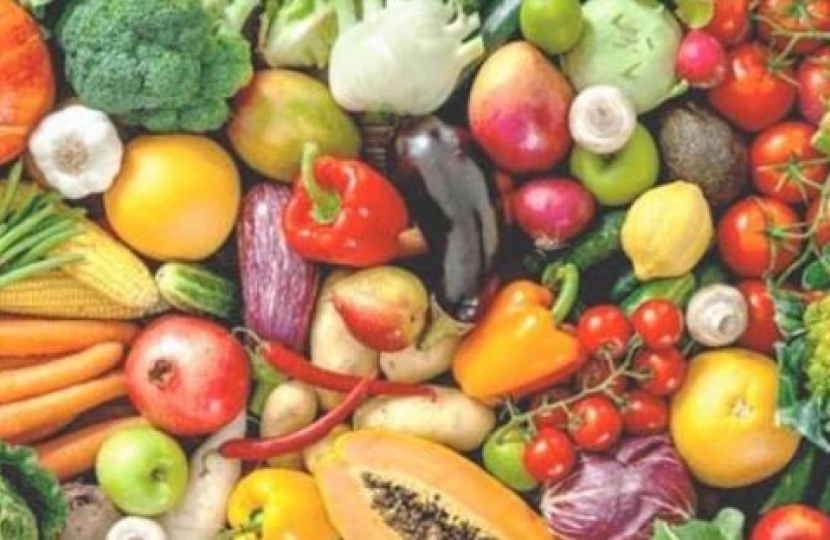
This article was written by Damian and published in the Herald papers on 23rd April:
"The need for so many of us to stay at home has created a massive demand for home deliveries, and many of the major players are struggling to keep up with orders, particularly with the need to implement social distancing measures throughout their large-scale operations.
The government has organised the direct delivery of thousands of free food boxes to many of those classified as ‘extremely vulnerable’ and continues to work with supermarkets to prioritise this group for online deliveries. The task of scaling up enough delivery slots for the wider group of ‘vulnerable’ people remains a challenge, although some of the majors such as M&S and Morrisons are now offering a menu of food boxes that can be ordered separately to their main online service.
During this time of disruption, many smaller enterprises have been able to move quickly to meet the new demand. Here in East Hampshire, local companies that already offered a home delivery service are seeing unprecedented orders, whilst others are offering this for the first time.
People are able to order direct from fruit and veg suppliers, butchers, bakers, catering companies, cafes and village shops, pet suppliers and garden centres. Some of these are operating across the whole of Hampshire, but others are local village businesses delivering just within their local communities.
There is also a wider choice now for buying prepared meals, with local pubs and catering companies turning their hands to providing fresh meals that can be re-heated at home or frozen for later.
This not only means people can get supplies that they may be struggling to get elsewhere, but they are supporting local businesses hit by the lockdown. In some ways, it can become a virtual high street: independent shops selling online and delivering direct to people’s homes.
And for those who are vulnerable and facing an extended period of isolation, it might provide a way to shop local and to stay in touch with businesses that they would normally visit; just being able to pick up the phone and order some items directly from a favourite shop could be welcome for many.
The support of local voluntary groups will also continue to be important - collecting food orders or prescriptions for people – with some working with foodbanks to ensure those without can get supplied.
And of course all of comes at a cost, with businesses facing uncertainty and adapting to a new normal, and people not able to work or socialise as they have before, but I hope support for these local enterprises continues far beyond the time when restrictions are eased.
I think this crisis is enabling us to re-discover our localness, partly through the amazing support of community groups and volunteers but also through the ingenuity of small businesses that are the backbone of our local and national economy.
I commend the Herald group for their effort in highlighting food deliveries and support for local business, and there is a growing list of local delivery services on my website: https://www.damianhinds.com/delivereasthants"


